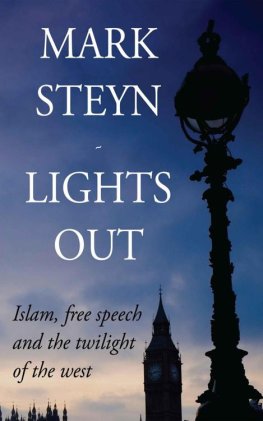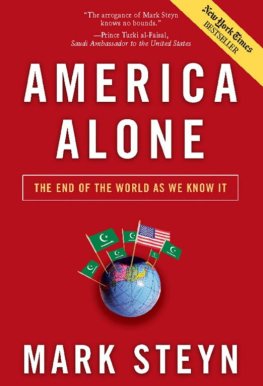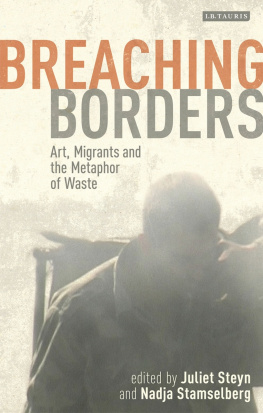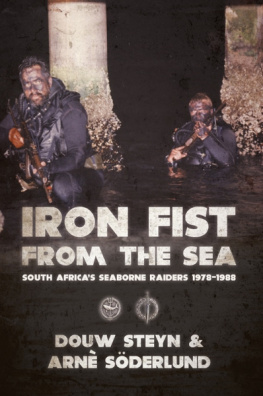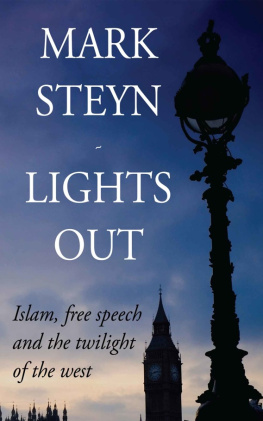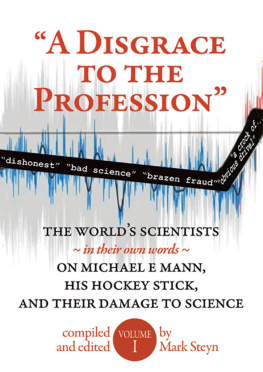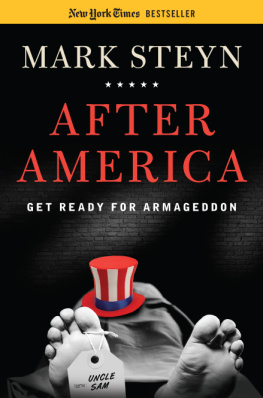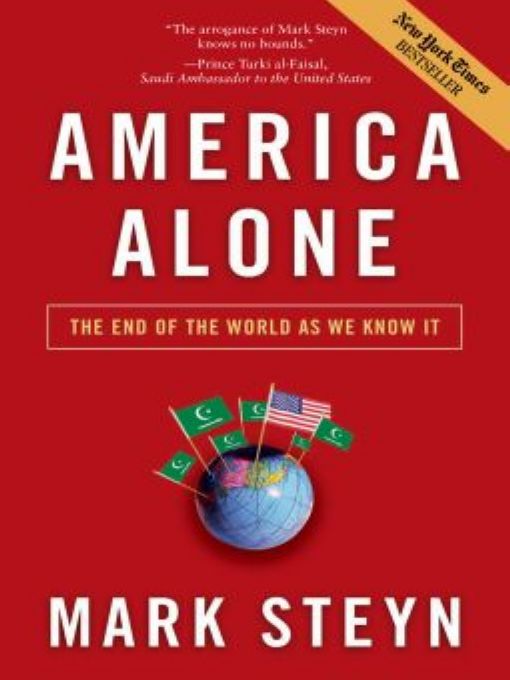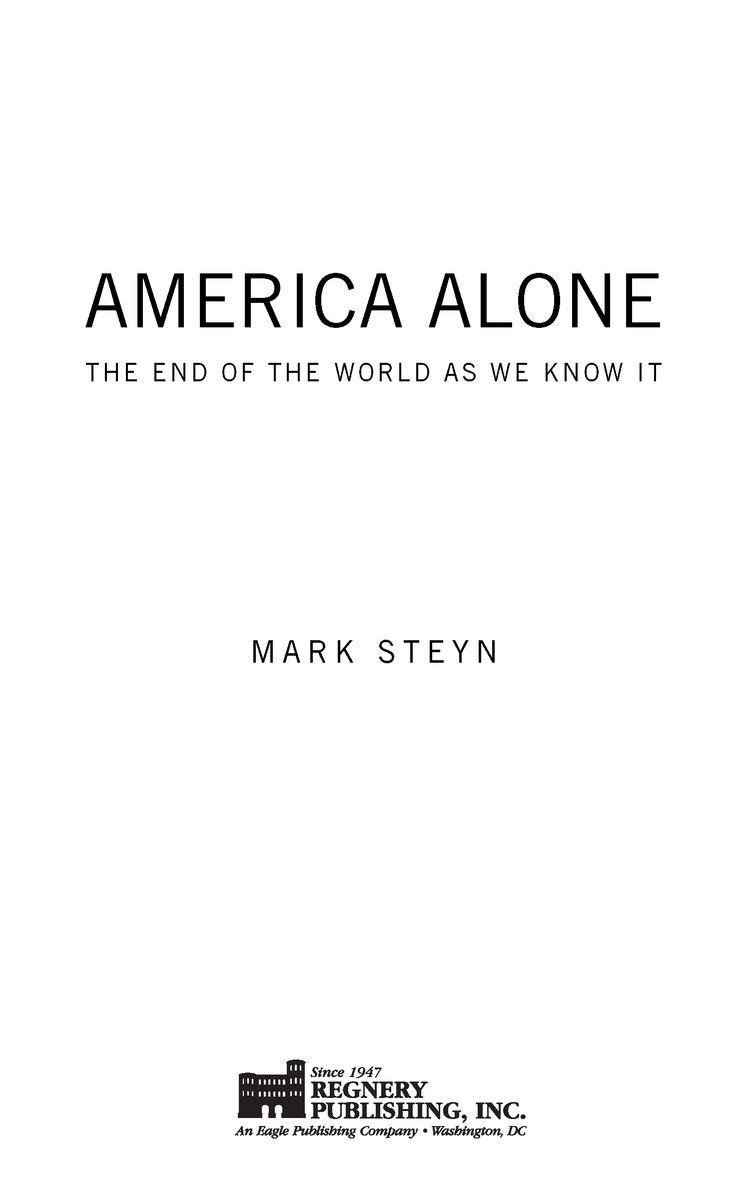Table of Contents
FOR CECI, HECTOR AND RALPH
When people see a strong horse and a weak horse, by nature they will like the strong horse.
OSAMA BIN LADEN
KANDAHAR, NOVEMBER 2001
If we know anything, it is that weakness is provocative.
DONALD RUMSFELD
WASHINGTON, OCTOBER 1998
Prologue
To Be or Not to Be
We know what we are, but know not what we may be.
WILLIAM SHAKESPEARE, HAMLET (1601)
Do you worry? You look like you do. Worrying is the way the responsible citizen of an advanced society demonstrates his virtue: he feels good about feeling bad.
But what to worry about? Iranian nukes? Nah, thats just some racket cooked up by the Christian fundamentalist Bush and his Zionist buddies to give Halliburton a pretext to take over the Persian carpet industry. Worrying about nukes is so eighties. They make me want to throw up....They make me feel sick to my stomach, wrote the British novelist Martin Amis, who couldnt stop thinking about them during the Thatcher Terror. In the introduction to a collection of short stories, he worried about the Big One and outlined his own plan for coping with a nuclear winter wonderland:
Suppose I survive. Suppose my eyes arent pouring down my face, suppose I am untouched by the hurricane of secondary missiles that all mortar, metal, and glass has abruptly become: suppose all this. I shall be obliged (and its the last thing I feel like doing) to retrace that long mile home, through the firestorm, the remains of the thousand-miles-an-hour winds, the warped atoms, the groveling dead. ThenGod willing, if I still have the strength, and, of course, if they are still aliveI must find my wife and children and I must kill them.
But the Big One never fell. And instead of killing his wife Martin Amis had to make do with divorcing her. Back then it was just crazies like Reagan and Thatcher who had nukes, so you can understand why everyone was terrified. But now Kim Jong-il and the ayatollahs have them, so were all sophisticated and relaxed about it, like the French hearing that their presidents acquired a couple more mistresses. Martin Amis hasnt thrown up a word about the subject in years. To the best of my knowledge, he has no plans to kill the present Mrs. Amis.
So what should we be cowering in terror over? How aboutstop me if youve heard this one beforeclimate change? If youve seen Al Gores acclaimed documentary
An Inconvenient Truth youll know that it begins with a searing, harrowing nightmare vision of the world to come:
One day Chicken Little was walking in the woods whenKERPLUNKan acorn fell on her head.
Oh my goodness! said Chicken Little. The sky is falling! I must go and tell the king.
Whoops, my mistake. I must be mixing Als movie up with a previous eco-doom blockbuster. They come rolling in like rising sea levels in the Maldives. You may have seen yet another example of the genre, the film The Day After Tomorrow, in which (warning: plot spoiler) a speech by Dick Cheney brings on the flash-freezing of the entire northern hemisphere. Im not a climatologist so Ill take Dennis Quaids word for it that thats scientifically possible. But the point is that from Chicken Little to Al Gore to Dennis Quaid, respected figures have been forecasting the end of the world pretty much since the beginning of the world. In Professor Littles day, the sky was falling. In Vice President Gores time, its the Earth thats falling apart. Plus a change of direction, plus cest la mme prose. But, if you cant beat em, join em. So let me put it in a nutshell:
Its the end of the world!! Head for the hills!!!
No, wait. Dont head for the hillstheyre full of Islamist terrorist camps. Let me put it in a slightly bigger nutshell: much of what we loosely call the Western world will not survive the twenty-first century, and much of it will effectively disappear within our lifetimes, including many if not most European countries. Therell probably still be a geographical area on the map marked as Italy or the Netherlandsprobablyjust as in Istanbul theres still a building known as Hagia Sophia, or St. Sophias Cathedral. But its not a cathedral; its merely a designation for a piece of real estate. Likewise, Italy and the Netherlands will merely be designations for real estate.
Thats just for starters. And, unlike the ecochondriacs obsession with rising sea levels, this isnt something that might possibly conceivably hypothetically threaten the Maldive Islands circa the year 2500; the process is already well advanced as we speak. With respect to Francis Fukuyama, its not the end of history; its the end of the world as we know it. Whether we like what replaces it depends on whether America can summon the will to shape at least part of the emerging world. If not, then its also the end of the American moment, and the dawn of the new Dark Ages (if darkness can dawn): a planet on which much of the map is re-primitivized.
Does that make me sound as nuts as Al Gore and the rest of the eco-doom set? Its true the end of the worlds nighness isnt something youd want to set your watch by. Consider some of Chicken Littles eminent successors in this field:
In 1968, in his bestselling book The Population Bomb, distinguished scientist Paul Ehrlich declared: In the 1970s the world will undergo famineshundreds of millions of people are going to starve to death.
In 1972, in their landmark study The Limits to Growth, the Club of Rome announced that the world would run out of gold by 1981, of mercury by 1985, tin by 1987, zinc by 1990, petroleum by 1992, and copper, lead, and gas by 1993.
In 1976, Lowell Ponte published a huge bestseller called The Cooling: Has the New Ice Age Already Begun? Can We Survive?
In 1977, Jimmy Carter, president of the United States (incredible as it may seem), confidently predicted that we could use up all of the proven reserves of oil in the entire world by the end of the next decade.
None of these things occurred. Contrary to the doom-mongers predictions, millions didnt starve and the oil and gas and gold didnt run out, and, though the NHL now has hockey franchises in Anaheim and Tampa Bay, ambitious kids are still unable to spend their winters knocking a puck around the frozen Everglades. But that doesnt mean nothing much went on during the last third of the twentieth century. Heres what did happen between 1970 and 2000: in that period, the developed world declined from just under 30 percent of the global population to just over 20 percent, and the Muslim nations increased from about 15 percent to 20 percent.
Is that fact less significant to the future of the world than the fate of some tree or the endangered sloth hanging from it? In 1970, very few non-Muslims outside the Indian subcontinent gave much thought to Islam. Even the Palestinian situation was seen within the framework of a more or less conventional ethnic nationalist problem. Yet today its Islam a-go-go: almost every geopolitical crisis takes place on what Samuel Huntington, in The Clash of Civilizations, calls the boundary looping across Eurasia and Africa that separates Muslims from non-Muslims. That looping boundary is never not in the news. One week, its a bomb in Bali. The next, some beheadings in southern Thailand. Next, an insurrection in an obscure resource-rich Muslim republic in the Russian Federation. And then Madrid, and London, and suddenly that looping, loopy boundary has penetrated into the very heart of the West. In little more than a generation.



